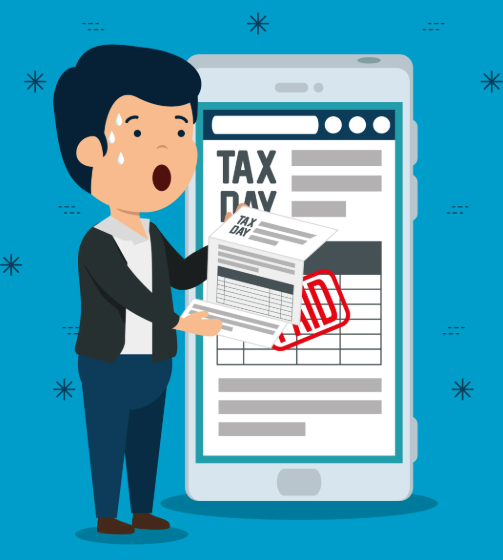If you’ve noticed a change in your tax code and found yourself with a K code, you might be wondering what this means for your tax obligations. In the UK, tax codes are used to determine how much tax is deducted from your salary. While most people are familiar with standard tax codes, the K code can cause confusion due to its unique structure and implications. This guide explains what the K tax code is, how it works, and what you should do if you receive it.
What Is the K Tax Code?
A K tax code is issued by HMRC when a person has untaxed income or benefits that exceed their personal allowance. Unlike standard tax codes that reduce taxable income, the K code adds untaxed income to your total taxable earnings. This means that the amount of income you are taxed on increases, which results in a higher tax bill.
The K code is typically used when you owe previous years’ taxes, have received benefits in kind, or have unpaid tax from other income sources. It is also issued when taxpayers receive pensions alongside their regular income or have underpaid taxes in the past.
How Does the K Tax Code Work?
The K tax code functions differently from standard tax codes. Normally, the personal allowance reduces the amount of income you are taxed on. However, with a K code, this process is reversed. The code indicates that untaxed income will be added to your earnings, using up the personal allowance and increasing the taxable amount.
For instance, if an employee receives £15,000 in benefits in kind, this could push the individual’s income beyond their personal allowance, which results in a higher taxable income. This would lead to the issuance of a K code to reflect the additional tax liability.
What Should You Do If You Get a K Tax Code?
If you find that your tax code has been changed to a K code, HMRC will typically send a notice explaining the reasons for the change. If you don’t receive an explanation or suspect an error, it’s important to contact HMRC immediately. Mistakes can occur, especially if tax codes from previous years were incorrectly carried over. You can also check your personal tax account for more information.
If you believe the K code is incorrect or that the additional tax is unfair, you have the option to challenge the code. Mistakes in tax returns or underpayments caused by employer errors can often be disputed. If the tax deductions are causing financial hardship, you can also request a reassessment or alternative payment arrangements with HMRC.
What Happens If You Overpay Tax with a K Code?
Overpaying taxes is a concern for many people on the wrong tax code, including those with a K code. If the K code has led to an overpayment of tax, the refund should be processed automatically through your salary within the current tax year. However, if the overpayment is from a previous year, you may need to contact HMRC directly to resolve the issue and claim any refund owed.
Mistakes with tax codes can also happen when individuals change jobs, fail to claim benefits like Marriage Allowance, or have fluctuating expenses year-on-year. It’s essential to ensure that your tax code is accurate to avoid paying too much tax.
Conclusion
The K tax code can be a source of confusion for many, but understanding how it works can help you manage your tax obligations more effectively. If you’re issued a K tax code, take the time to check your tax status and ensure everything is accurate. Don’t hesitate to contact HMRC if you believe there’s been an error, and remember that you can always challenge unfair or incorrect tax decisions. Being proactive can help you avoid unnecessary tax overpayments and ensure that you’re paying the correct amount.



